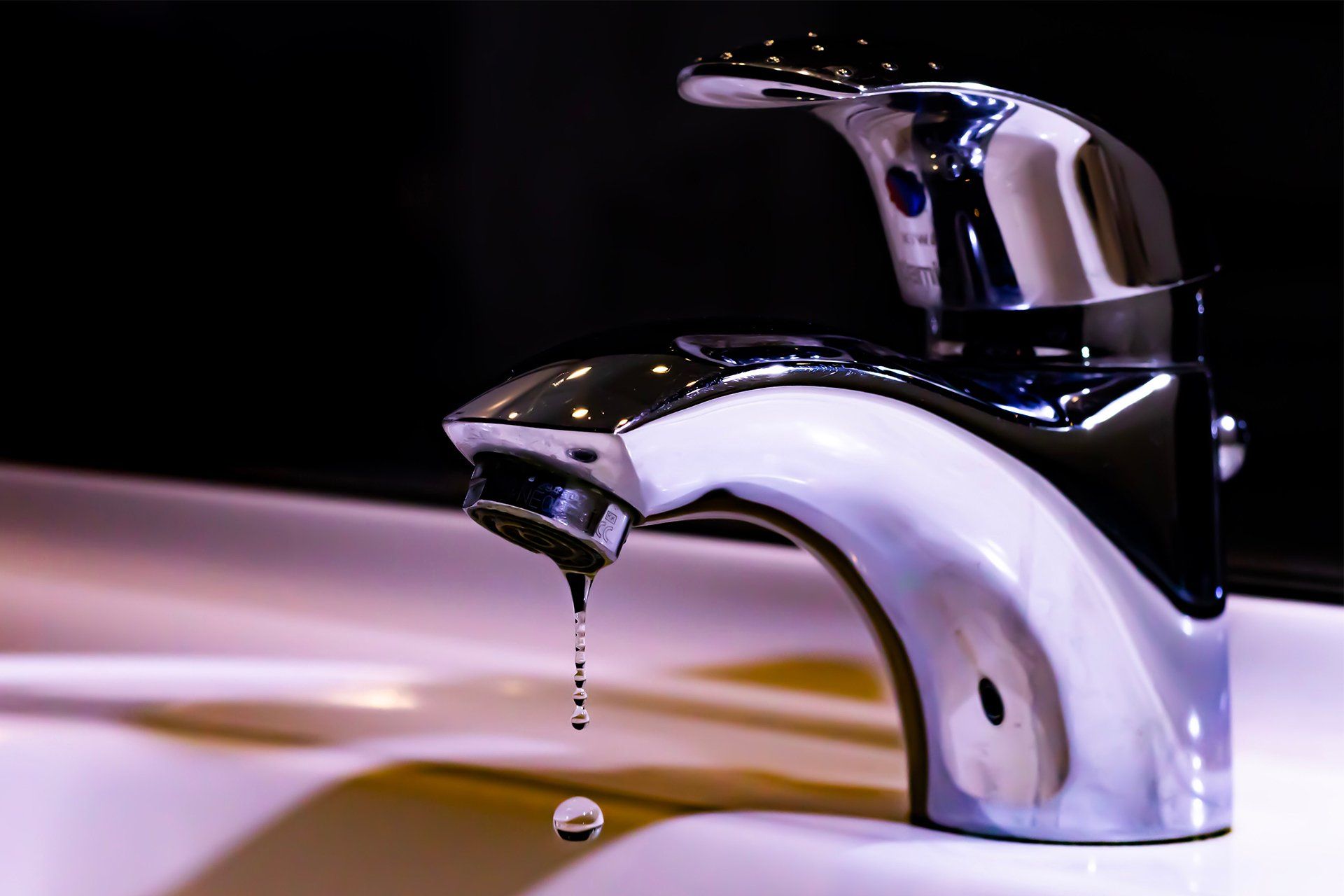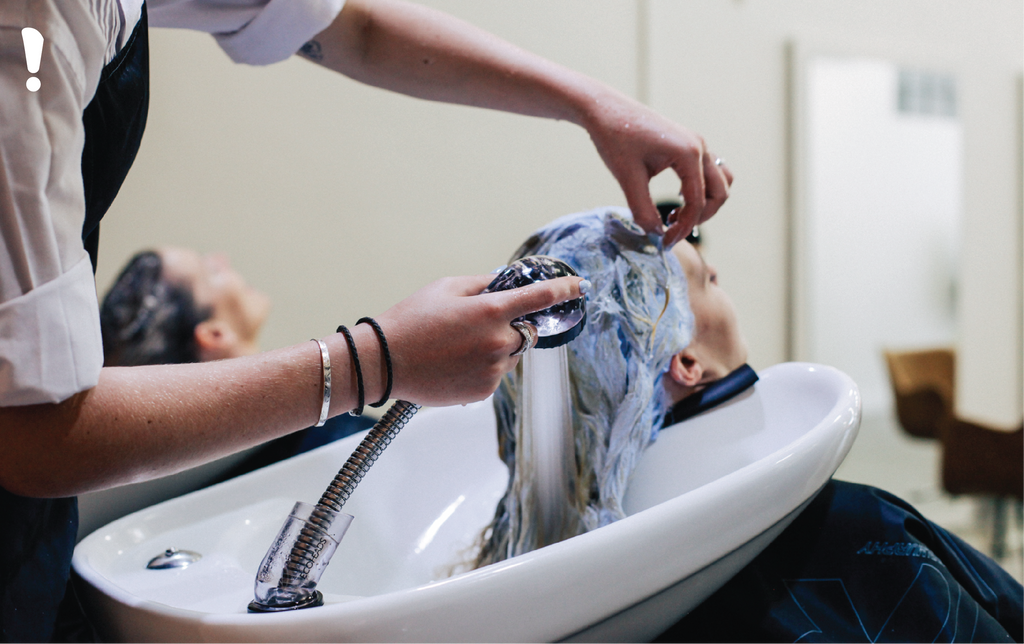Efficient Plumbing Winterization Techniques to Stop Pipe Bursts in Chilly Conditions
Efficient Plumbing Winterization Techniques to Stop Pipe Bursts in Chilly Conditions
Blog Article
Are you trying to find selective information about Winterizing Your Pipes?

All homeowners that live in pleasant environments need to do their finest to winterize their pipes. Failing to do so can lead to disaster like frozen, fractured, or burst pipes.
Attempt a Hair Dryer or Warmth Weapon
When your pipes are practically freezing, your trusty hair dryer or warm gun is a godsend. Bowling hot air straight into them might help if the warm towels do not help remove any resolving ice in your pipes. Nonetheless, do not use other things that produce direct fires like an impact torch. This can cause a larger disaster that you can not control. You may end up harmful your pipelines while attempting to thaw the ice. As well as in the future, you might also end up melting your residence. So be cautious!
Open Up Cupboard Doors Hiding Plumbing
When it's chilly outside, it would certainly be handy to open up cabinet doors that are masking your pipelines. Doing this small method can maintain your pipes warm as well as limit the potentially harmful outcomes of freezing temperatures.
Require Time to Cover Exposed Water Lines
One very easy as well as great hack to warm up icy pipelines is to wrap them with warm towels. You can additionally use pre-soaked towels in hot water, simply do not forget to use safety handwear covers to guard your hands from the heat.
Turn On the Faucets
When the temperature decreases as well as it appears as if the icy temperature level will certainly last, it will certainly assist to turn on your water both indoors and also outdoors. This will keep the water moving with your plumbing systems. On top of that, the activity will certainly reduce the cold procedure. Especially, there's no demand to transform it on full force. You'll end up wasting gallons of water in this manner. Rather, aim for concerning 5 drops per min.
When Pipelines are Frozen, shut Off Water
Turn off the main water valve quickly if you notice that your pipelines are totally icy or practically nearing that stage. You will usually discover this in your basement or laundry room near the heating system or the front wall surface closest to the street. Transform it off right now to stop more damage.
Do not forget to shut outside water sources, too, such as your hookup for the garden home. Doing this will certainly stop added water from filling up your plumbing system. With even more water, even more ice will load up, which will ultimately lead to rupture pipelines. If you are uncertain concerning the state of your pipelines this winter months, it is best to call a professional plumber for an assessment. Taking this positive method can save you hundreds of dollars out of commission.
All property owners that live in warm environments must do their best to winterize their pipelines. Failing to do so can mean disaster like frozen, broken, or ruptured pipes. If the warm towels do not help remove any type of resolving ice in your pipelines, bowling warm air straight into them may aid. Turn off the main water valve promptly if you discover that your pipelines are entirely frozen or nearly nearing that stage. With even more water, more ice will certainly pile up, which will eventually lead to burst pipelines.
PREVENT YOUR PIPES FROM FREEZING THIS WINTER
A Leading Cause of Property Damage
When the weather is taking a deep nose dive into the cold dreary days, the risk of your pipes freezing and potentially bursting skyrockets. Unfortunately, during these cold dreary months, burst pipes are the most common denominator for property damage. The pipes that are most at the risk are those that are in areas where it is most cold in your home. For instance, pipes located in interior places such as basements, attics, and your garage. Unfortunately, that doesn’t mean that the pipes running through your cabinets or exterior walls can’t freeze. Good news, however, is that you can do things to help prevent pipes from freezing.
How to Prevent Pipes From Freezing
Once the temperature starts to drop during the winter, you should be taking the proper measures needed to ensure that your pipes stay warm and that there is circulation of water through them. Some steps that experts may recommend could go against your better judgement when it comes to saving water and heat. However, it would go without saying that when expenses are compared, damaged pipes could put a bigger dent in your wallet than a water bill.
What Can I Do?
Keep your garage door closed. This is very important, especially if you have water supply lines running through your garage. Open your kitchen and bathroom cabinets to allow warm air to circulate through them. Allow air circulation throughout your home. Keeping the interior doors open will once again allow the warm air to circulate inside your home. Ensure your thermostat is running the same temperature throughout the night and day. If you plan to be away from home during the cold months, set your temperature no lower than 55° F. This should provide enough heat to keep the pipes warm and prevent any remaining water inside the pipes from freezing. For more of a long-term solution, add insulation to attics, basement, and other crawl spaces around your home. By allowing your faucet to drip, it will alleviate pressure in the system. This is important because the pressure that is created between the blockage and the faucet can potentially cause the pipes to burst. Allowing the faucet to drip will prevent the pressure from building up, therefore keeping the pipes from bursting. Seal any cracks, openings, and crawl spaces around your home to prevent cold air from coming inside. This keeps your pipes-not to mention your home-warmer and less susceptible to issues caused by freezing temperatures. For the pipes in your home that are easily accessible, applying electrical tape to them might prevent them from freezing over. This is a quick fix, as you can apply the tape directly to the pipe. There are two options for heating tapes. One turns on and off by itself when it senses heat is needed. The other type of heating tape needs to be applied when heat is needed and removed when not necessary. If you have exposed pipes in your home, you can check this website to take a look at a few options that would be available at a shop near you.

Do you like more info about Prevent Freezing and Bursting Pipes? Try leaving a comment further down. We will be pleased to see your feelings about this write-up. Hoping that you visit us again soon. Sharing is nice. Helping others is fun. Thank-you for your time spent reading it.
Hot water issues? Report this page